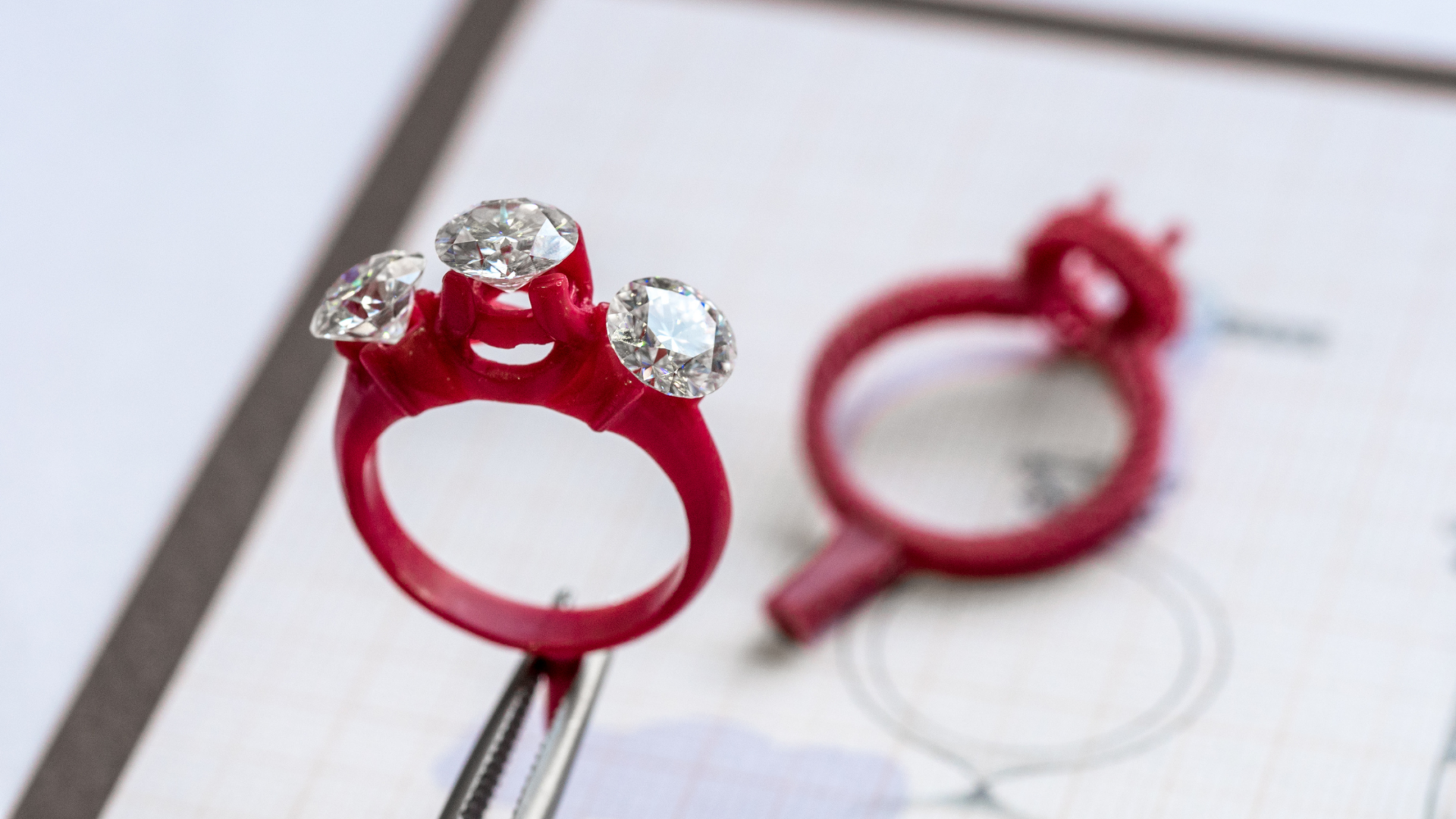- Joined
- Dec 12, 2008
- Messages
- 437
Just a short little note on the issue of conflict free diamonds. If you''ve been watching the news lately you may (or may not have) heard about a significant amount of human rights abuses occurring in Zimbabwe relating to the mining and manufacture of diamonds. These diamonds have been exported as valid Kimberly Process (KP) "conflict-free" material and this has generated a lot of concern at actually how effective the Kimberly Process has been at actually guaranteeing diamonds are not sourced from areas of human rights abuses. Industry expert Martin Rapaport states: “Tens of thousands of carats of blood diamonds are now in dealers’ inventories and jewelers’ showcases — and are being actively sold to consumers....Instead of eliminating blood diamonds, the KP has become a process for the systematic legalization and legitimization of blood diamonds.”
How to handle this:
1. Ask where your diamonds are from. Ethically and human rights conscious diamonds importers will know the exact source of their diamonds. Demand that your diamonds are not sourced from Zimbabwe.
2. If you are very concerned about abuses, purchase diamonds mined from Canada or Russia with documents stating the exact source of the diamond.
Thanks,
--Joshua
How to handle this:
1. Ask where your diamonds are from. Ethically and human rights conscious diamonds importers will know the exact source of their diamonds. Demand that your diamonds are not sourced from Zimbabwe.
2. If you are very concerned about abuses, purchase diamonds mined from Canada or Russia with documents stating the exact source of the diamond.
Thanks,
--Joshua





300x240.png)